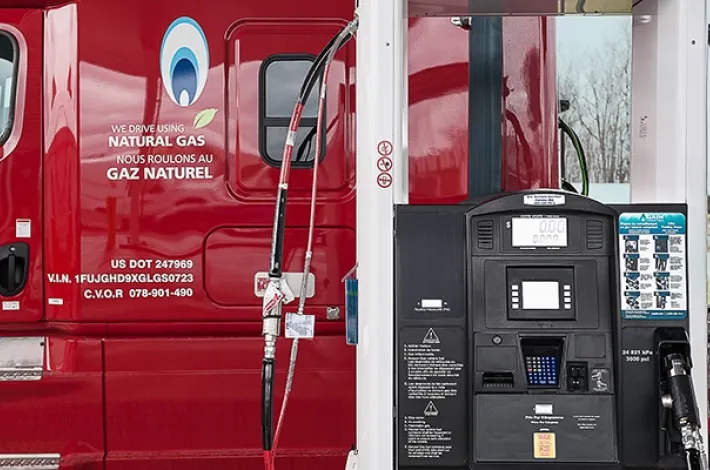
Event Parallel to Lima Conference: The energy sector and the 2015 agreement – Pathways to success

Impact of the 2015 climate agreement on the energy sector
How will the negotiations aimed at reaching a global climate change agreement in Paris in 2015 affect development and investment models and strategies in the energy sector? For representatives of the World Energy Council (WEC) and the International Energy Agency (IEA), this agreement will support the efforts already deployed toward efficiency and the diversification of the world energy mix. “We are entering a world that will use energy more efficiently and this energy will be more and more decarbonized,” is basically what they are saying. This agreement should also encourage governments to develop and adopt clear energy policies, charting the course that the energy sector should take in order to undertake the energy transition needed to limit the impacts of climate change.
For a country like Peru, “this transition is already well underway,” said José Antonio Vargas Llera, Peruvian Minister of Energy and Mines[5] and WEC Vice-President for Latin America and the Caribbean, at an event held in parallel to the Lima Conference on Climate Change. The energy mix related to the production of electricity in the country is already composed of 54% of renewable energies, with natural gas, for its part, supplying almost 46% of energy requirements.
“Given its very competitive price, the use of the latter form of energy will be part of the energy landscape for several years,” confirmed the Minister. In the case of developing countries (which include Peru) which want to maintain a high level of growth while reducing their greenhouse gas emissions, natural gas is an envisageable alternative to other fossil fuels like coal and oil.
“In the context of the fight against climate change, natural gas must not, however, be seen only as a transition energy,” declared Maria van der Hoeven, IEA Executive Director “To keep the increase in global temperature under 2°C, it is essential that we increase investment and innovation in the carbon neutral energy sector,” she added. To achieve this, States must first of all negotiate, in 2015 in Paris, an international agreement on climate that will commit States to determining and to communicating a national vision, as well as their long-term requirements, to companies in the energy sector. “These companies must then respond to those decisions by accelerating the transition toward green energy,” the conference speakers concluded.
You may also like...





